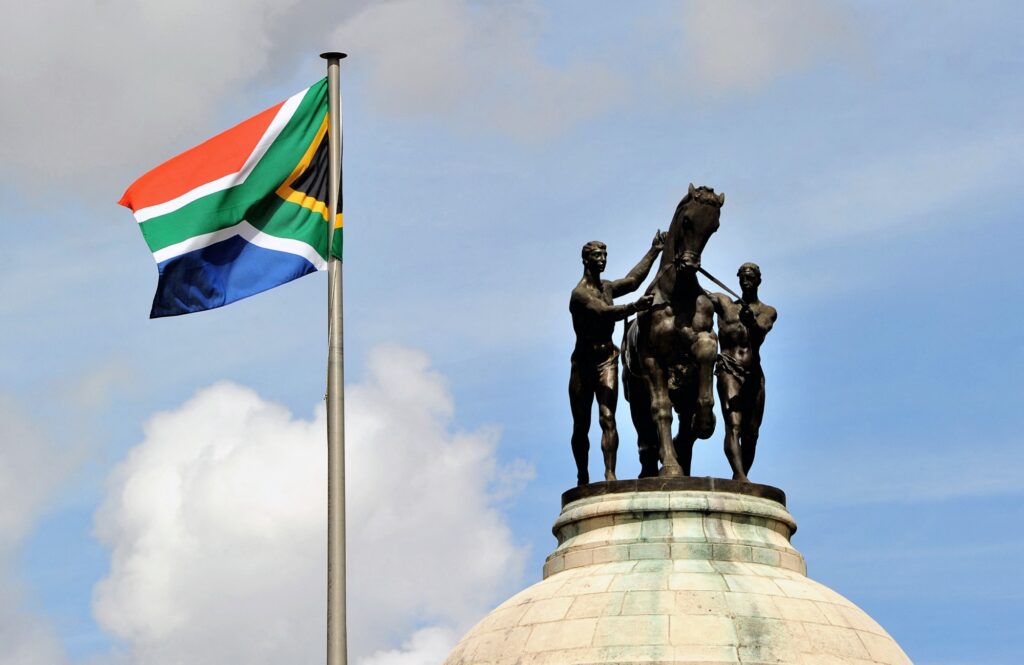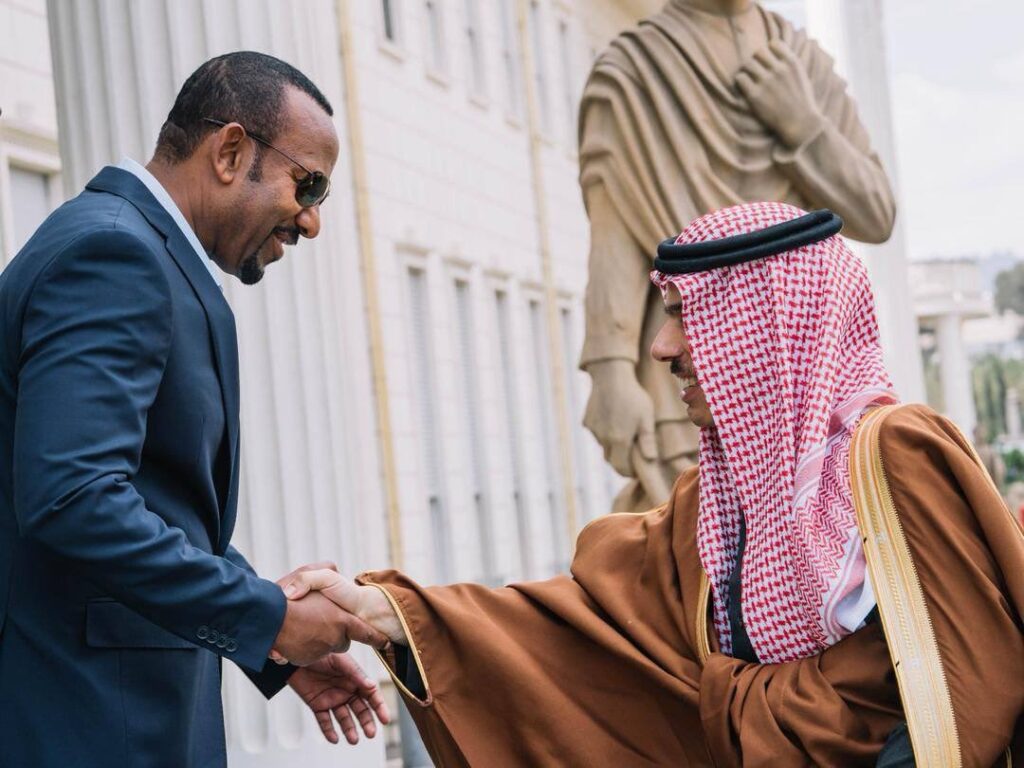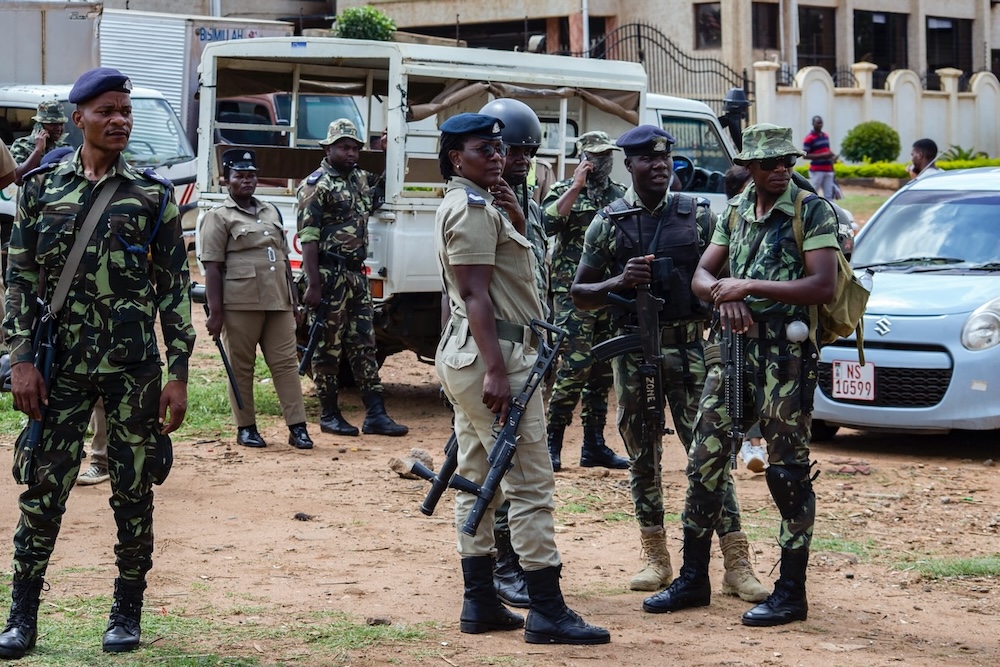
In a landmark development for South African politics, President Cyril Ramaphosa has navigated complex negotiations to form a new government, reshaping the political landscape and addressing key demands from various factions.
President Ramaphosa, known for his adept negotiation skills, secured a significant portion of cabinet positions for his African National Congress (ANC) despite losing the parliamentary majority.
Out of the 32-member cabinet announced, the ANC retains 20 seats, consolidating its influence in government.
The Democratic Alliance (DA), Ramaphosa’s main coalition partner, initially demanded a more substantial share of cabinet posts, including key ministries.
However, after intense negotiations, they settled for six ministerial positions and an additional six deputy minister roles. This compromise was met with mixed reactions within the DA, highlighting the challenges of power-sharing in a coalition government.
To further diversify his cabinet and ensure broad representation, President Ramaphosa allocated six ministerial positions to smaller parties like the Pan Africanist Congress (PAC) and the Afrikaner nationalist Freedom Front Plus.
This move underscores the government’s commitment to ideological diversity and inclusivity, reflecting South Africa’s post-apartheid ethos.
Despite these efforts, criticism persists, particularly from opposition parties like former President Jacob Zuma’s MK party and Julius Malema’s Economic Freedom Fighters (EFF). These parties advocate for more radical land reforms, contrasting sharply with the coalition’s moderate stance on economic policies.
The coalition government’s formation marks a significant departure from traditional power dynamics in South Africa, with President Ramaphosa navigating a delicate balance to accommodate diverse interests while maintaining governance stability.
As the new government takes shape, its ability to address socio-economic challenges and navigate political tensions will be closely watched both domestically and internationally.
This development also sets the stage for heightened political dynamics, with the ANC and its coalition partners poised for robust engagement with opposition forces.
The outcome of these interactions will shape South Africa’s political landscape for years to come, impacting policy directions and national unity efforts.
President Ramaphosa’s strategic maneuvering reflects a pivotal moment in South African politics, where coalition governance promises both challenges and opportunities in the pursuit of national development and unity.




